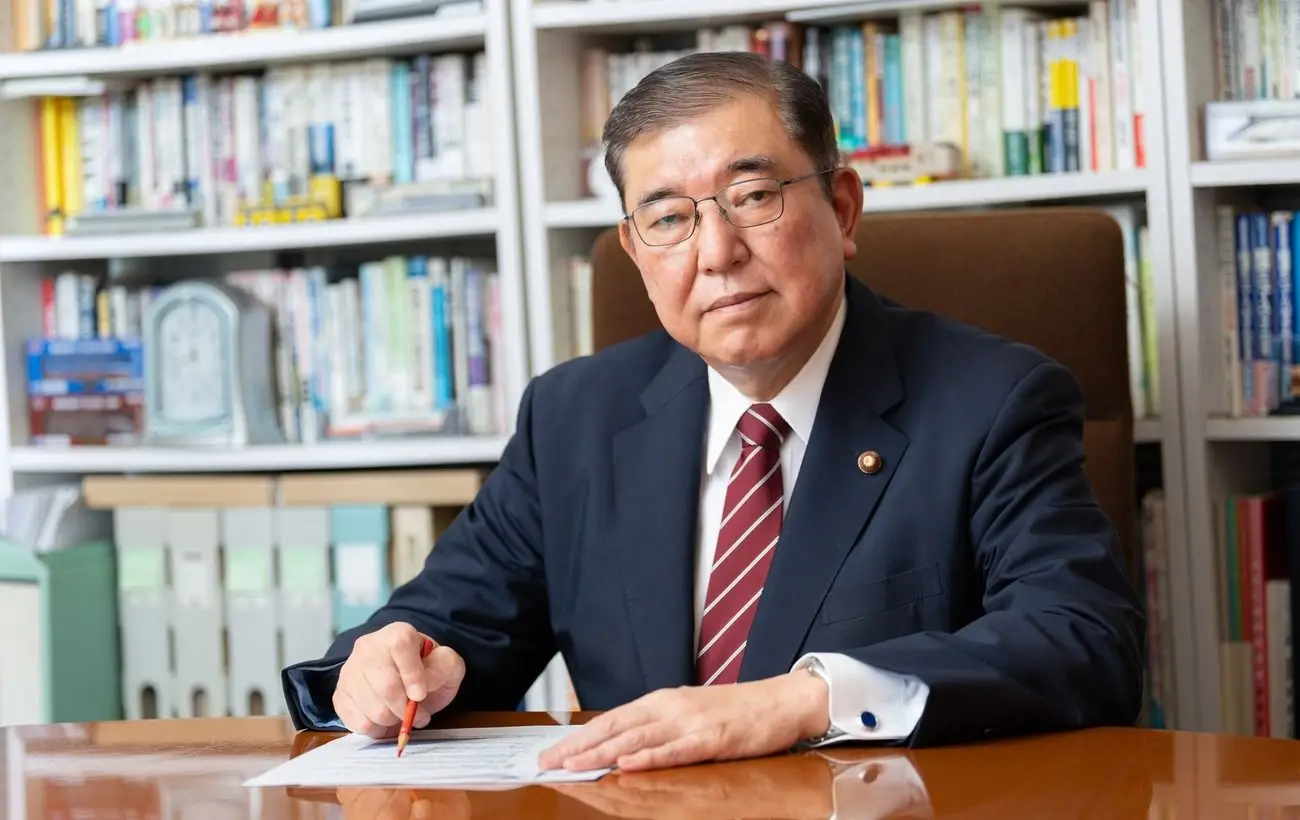Defender and Reformer: Shigeru Ishiba – Japan’s New Prime Minister

What will the new policies of the Land of the Rising Sun look like?
Former Japanese Defense Minister Shigeru Ishiba has been elected the new leader of the Liberal Democratic Party (LDP), paving his way to becoming the country's next prime minister. According to Kyodo News, Ishiba won the second round of voting against the Minister of Economic Security, Sanae Takaichi, securing 215 votes to Takaichi’s 194. The voting took place among LDP parliament members and prefectural representatives. Since the LDP holds a majority in parliament, Ishiba will be officially appointed prime minister next week.
Shigeru Ishiba’s Political Journey
Shigeru Ishiba brings years of political experience to the table. Born into a political family in 1957, Ishiba's career path led him from finance to high-ranking government positions. He became a member of parliament in 1986 and held key ministerial roles, including Minister of Defense from 2007 to 2008 and Minister of Agriculture from 2008 to 2009. He also served as LDP’s Secretary-General from 2012 to 2014.
Ishiba is well-known for his deep interest in military affairs, earning him the nickname "gunji otaku" or "military enthusiast". His advocacy for expanding Japan’s Self-Defense Forces, including revising the pacifist clauses of the Constitution, has given him a reputation as a political "hawk". He has also repeatedly called for the creation of a Japanese equivalent to the U.S. Marine Corps to protect the country’s numerous islands.
Political Context and Challenges
Ishiba's premiership comes at a challenging time for Japan. Outgoing Prime Minister Fumio Kishida announced he would not seek a second term following the LDP’s involvement in a financial scandal. This leadership election became a key moment for restoring public trust in the party. Kishida’s approval ratings were low, and he resigned along with his cabinet on October 1.
Ishiba faces the task of strengthening the LDP’s position ahead of potential early elections. Analysts believe the elections could take place as soon as October 27. One of the main challenges for the new prime minister will be addressing economic issues, rising prices, and geopolitical tensions in the region, particularly between China and Taiwan.
International Plans
In defense policy, Shigeru Ishiba aims to promote the creation of an Asian collective security system similar to NATO to protect the region from rising tensions. He also seeks to revise the Japan-U.S. defense agreement to make it more equitable. As a "military enthusiast", Ishiba has a strong interest in defense systems and is likely to continue strengthening Japan’s defense capabilities in light of geopolitical challenges.
What’s Next?
Facing significant domestic and international challenges, Shigeru Ishiba intends to prove himself as a strong leader capable of restoring trust in the LDP and solidifying Japan’s standing on the global stage. Given his background in military and security matters, Ishiba will undoubtedly focus on modernizing Japan’s defense policies and introducing new initiatives to strengthen the country’s position in the complex geopolitical landscape.











